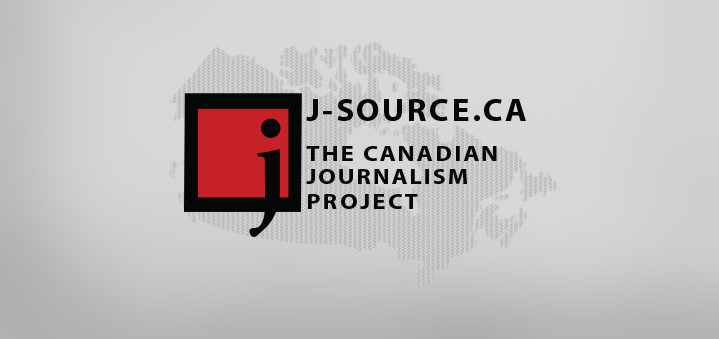Bias toward Western lives prioritized Charlie Hebdo coverage over Boko Haram killings, experts say
By Ilina Ghosh
When told 2,000 Nigerians were slaughtered in an attack earlier this month, Ryerson engineering student Shaun Garson’s blank stare was typical of many who were interviewed.
He wasn’t aware of it.
“Not even slightly,” he said.
An estimated 2,000 Nigerians – mostly women, children and the elderly – were massacred in the town of Baga by the Boko Haram on Jan. 3. It was the deadliest massacre in the history of the Islamic terrorist group, according to Amnesty International.
Although it was reported, other news events quickly captured front pages and headlines. As news broke Jan. 7 of masked gunmen terrorizing the City of Light, threatening the right to free expression at the headquarters of French satirical magazine, Charlie Hebdo – “2,000 dead in Nigeria” was reduced to scrolling the bottom ticker.
But what makes one horrific event more newsworthy than another?
[node:related]
Calling it the most miserable of reasons, Ryerson journalism professor and former CBC journalist Lisa Taylor said: “The Western media tends to value Western lives more than it values other lives. That has always been clear.”
It was clear and disheartening for Enang Ukoh, president of the University of Toronto’s Nigerian Students Association.
“We are sincerely disappointed by the treatment of the Nigerian killings in the media. We believe that there has been a general lacklustre representation of the value of Nigerian lives,” Ukoh said.
Taylor explained the “lacklustre representation.”
“One of the news values is proximity. If something happens in our city, it’s more likely to get covered than if it’s in a different city. The same will apply further and further into the world. For North American media, France seemed closer and more accessible,” she said.
“Why in the world the Golden Globes come close to eclipsing any of this, I’ll never understand. It makes my head hurt. We’ve become pretty far removed from what real journalism is and often what journalists are doing is providing content that entertains – but I’m no longer sure it’s journalism.”
What will resonate most with the audience gets the most ink and airtime. “It has become a practical matter,” Taylor said.
Others interviewed, those who were aware of the recent round of Boko Haram attacks, supported Taylor’s rationale, saying their hearts simply “went out more to Paris.”
“An attack on Paris is more sexy and frightening than an attack in a remote village in the third world,” said Mishkath Khan, an international relations and political science student at University of Toronto’s Trinity College.
“When I first heard about the Nigerian massacre – I was like wow, that’s really sad. Then I read about the Charlie Hebdo shooting, and this is going to sound terrible, but my heart went out more to Paris.”
“Everyone’s heart went out to Paris because it could’ve been our city. It could’ve been us. But Nigeria doesn’t pop up on our radar, it doesn’t affect us and their own government is denying it. Then 12 people die in Paris and [German chancellor] Angela Merkel, [British Prime Minister] David Cameron and several other leaders fly out. [Prime Minister] Stephen Harper calls it a declaration of war. It shows our Western-centric ideals.”
“Two thousand Muslims die at the hands of other Muslims and nobody gives a shit and 12 Parisians die at the hands of two Muslims and it’s an act of war,” Khan said.
To continue reading this article, visit the Ryerson Journalism Research Centre, where it was originally published.
Ilina Ghosh is a first-year journalism student at Ryerson University.

